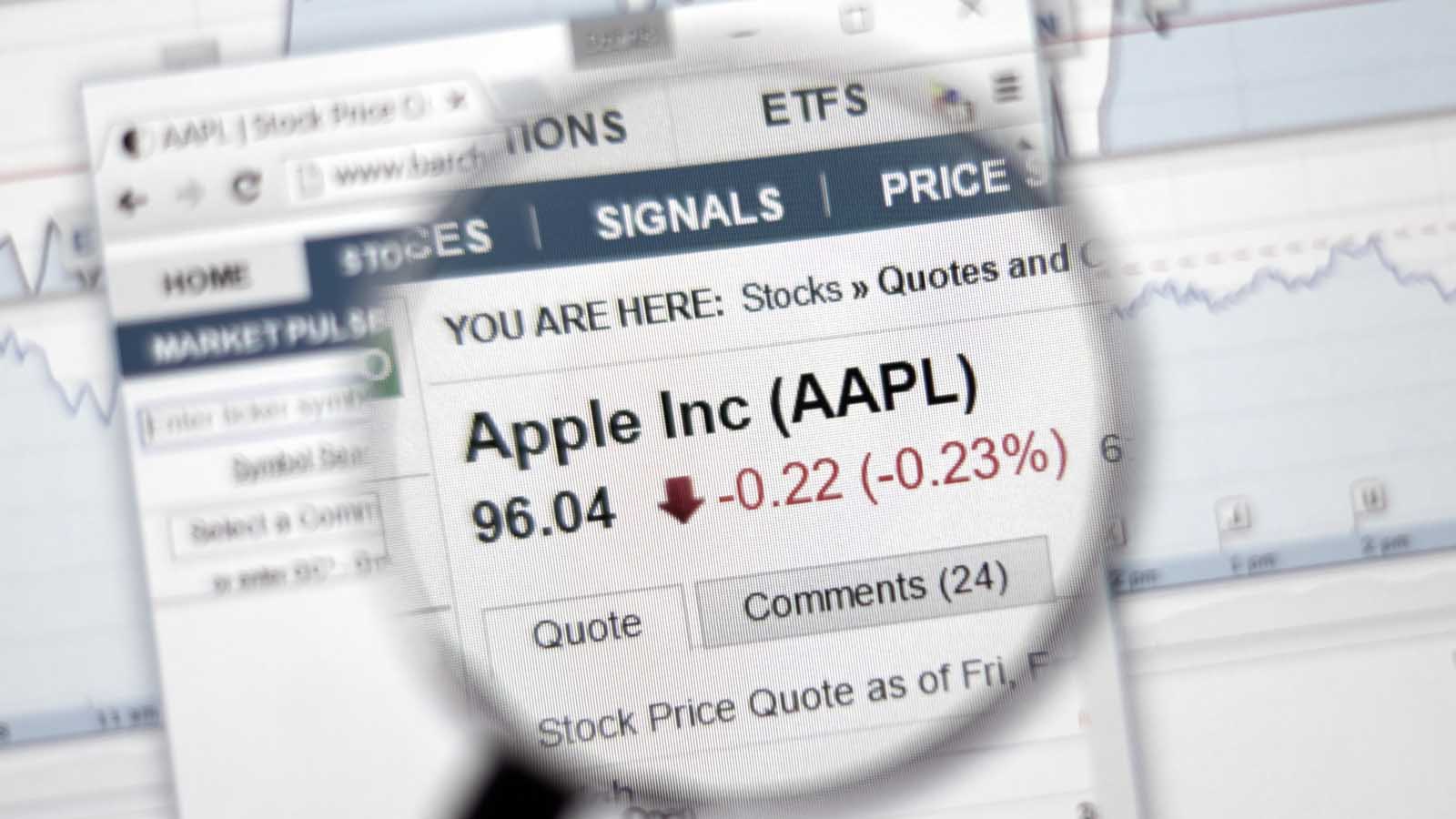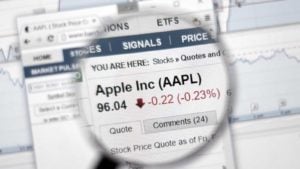If you stripped consumer electronics giant Apple (NASDAQ:AAPL) from all context, you’d think that the company is doing well. For example, Apple stock is up over 33% since the beginning of January. But at the same time, that’s what makes AAPL so dangerous: it lulls investors into a sense of complacency.
Just by looking at the year-to-date time frame, you wouldn’t think anything was amiss with AAPL stock. However, in the past few months, shares have distinctly hit resistance at the $210 level. Although the equity has briefly risen above this target, it has not done so convincingly.
Even more curious, Apple stock has bounced off the $210 resistance line on three separate occasions: first in the beginning of May, then at the end of July, and most recently a few days ago. According to a typical interpretation of the technical methodology, this price action suggests a triple top. Lacking decisive bullishness, AAPL stock might soon encounter a drop in market value.
Of course, many folks dismiss the effectiveness or even the implications of technical analysis. That’s fine: I have no intention of trying to spark a debate. But what I do find significant is that Apple stock has yet to find the enthusiasm necessary to challenge its all-time highs.
For the intermediate time frame, I don’t think it will. Here are three reasons why:
Declining Smartphone Sales Will Limit Apple Stock
For much of this year, we heard shocking stories about rapidly decelerating smartphone sales in China. For instance, back in March, phone sales in the Chinese market dipped to their lowest point in six years. Worryingly, they had plummeted 20% from the same period one year ago.
And even worse, this situation is a double whammy for AAPL stock. First, China represents a large portion of Apple’s revenue. In their most recent third quarter of 2019 earnings report, Greater China rang up $9.2 billion in top-line sales. That accounted for 17% of total revenue.
Second, smartphone sales aren’t just slowing down in China. In fact, in the latest read, sales declined everywhere except in two markets: Brazil and ironically enough, China. However, the lift in the Asian country might be due to inventory dumping to make room for 5G-equipped smartphones.
Logically, that might present a later upside opportunity for Apple stock. But if we fall into a recession, I don’t think high-end digital devices will perform well. This leads to my next argument:
Recessions Don’t Support $1,000-Plus Smartphones
One year ago, The Verge’s Vlad Savov lamentingly noted that $1,000 phones have become the new normal. As Savov put it back then, “Three or four years ago, anyone proposing a four-figure price for a phone would have been laughed out of their boardroom meeting.”
Another point he made is that humans are irrational. Therefore, consumers would continue to shell out that premium due to perceived value. Obviously, this sentiment benefited Apple stock, as you can confirm via its price chart.
If we were still confident that this bull market had legs, I’d agree with Savov. Unfortunately, a recession or at least a downturn is probably in the cards instead. And that means we should be very careful about AAPL stock, where the underlying company depends on those ridiculous premiums. Nothing brings clarity quite like financial pain.
Stated differently, spending a grand on a phone is questionable in a bull market, but downright stupid in a recession. With belt-tightening becoming the norm, I don’t see how Apple stock can escape unscathed.
AAPL Isn’t Original or Compelling Anymore
Although I’m not loving AAPL stock at this juncture, I still use Apple products as my go-to digital platforms. From the iPhone to the iPad to the Mac, everything moves seamlessly in Apple’s digital ecosystem. I will give this to AAPL believers: this synergy is impressive.
But is synergy alone enough to distinguish Apple stock from other technology-based companies? At least in the consumer space, I highly doubt it. That’s because names like Alphabet (NASDAQ:GOOGL, NASDAQ:GOOGL) offer similar connectivity across a broader spectrum. In other words, I can do the same things I can with a Google-branded device that I can with an Apple device.
In the near-to-intermediate term, I think this lack of distinction is a liability for Apple stock. If you think about it, Apple generates big revenues from its brand power. But in a recession, such potency is lost to pricing issues. Arguably, Alphabet and other competitors are better equipped to compete on price.
From another angle, Apple can’t play its game anymore, but must react to the competition. That doesn’t send a very comfortable message for AAPL stock.
As of this writing, Josh Enomoto did not hold a position in any of the aforementioned securities.

